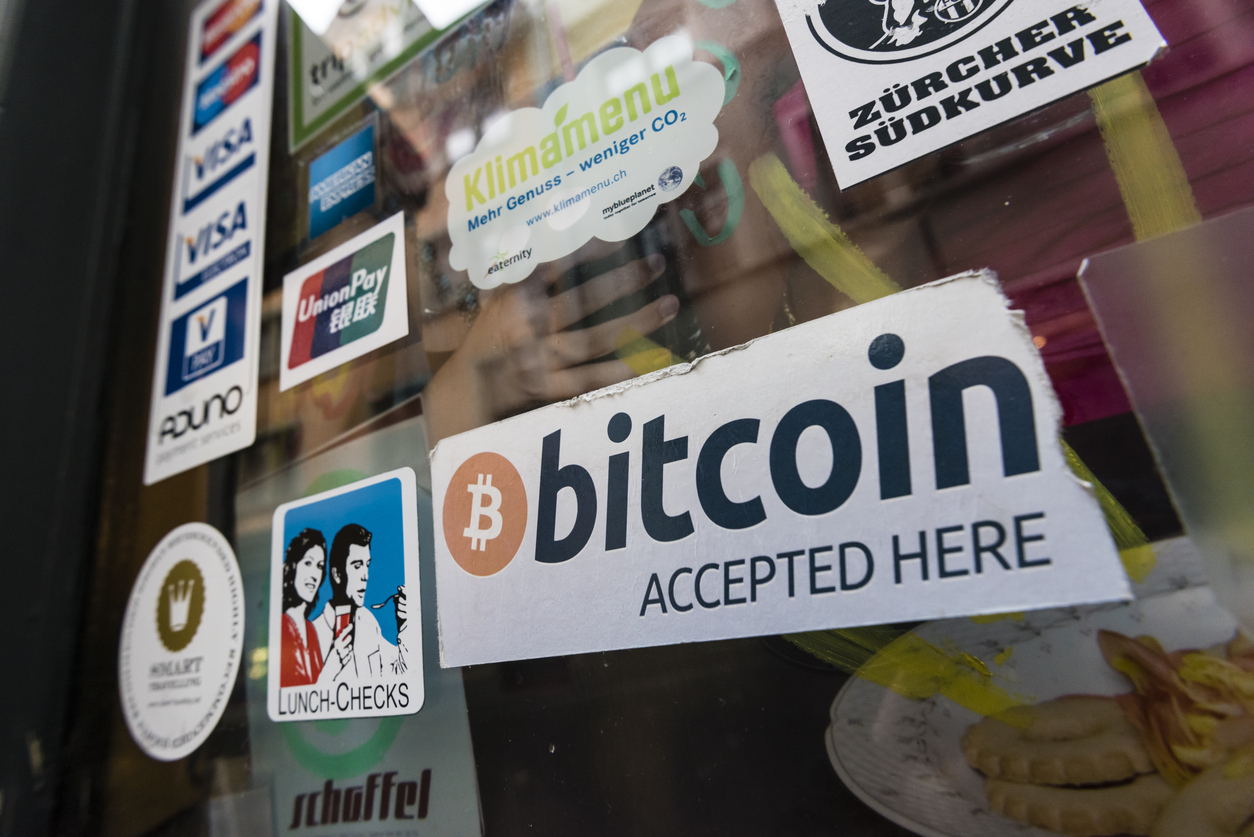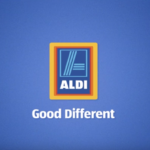You may not have heard of blockchain but have surely heard of Bitcoin.
Many people get confused thinking they’re one and the same, but they’re different. Blockchain is the technology that acts like a digital public ledger for all cryptocurrency/digital currency transactions, and Bitcoin was the first and is the most popular cryptocurrency.
Blockchain is decentralised with no single bank or central authority regulating it. Consumers can have more control over their own data and more transparency into how that data is used and shared.
There’s been a lot of buzz about how blockchain will change the way we do business.
How will blockchain affect digital marketers?
Blockchain offers a higher level of transparency to consumers and increases the level of trust between brands and their customers.
The AdAge recently compiled a list of the many ways marketers can revolutionise their business using blockchain. Here are just the top five:
- Verify ad delivery, confirming that a real person saw the ad for the contractually bound duration.
- Verify engagement with or performance of any ads delivered.
- Prevent the same ad from being over served to anyone, and ensure optimal frequency.
- Pay publishers, tech companies, agencies, contractors, and others who should be compensated for the creation, delivery, or performance of the ad.
- Pay consumers for use of their implicit data, such as behavioural or psychographic data.
Want to make sure you’re getting the advertising you’re paying for? Blockchain will also help improve ad buys for marketers. You will better understand whether the people viewing your ads belong to your target audience and avoid wasting ad spend in the process.
A growing trend in the United States is already seeing marketers using cryptocurrency loyalty programs as an innovative way to beat the challenges of declining consumer attention and engagement with their brand. This is only the tip of the iceberg and as blockchain becomes more mainstream and accessible, the roles of marketers will evolve. Are you ready?




